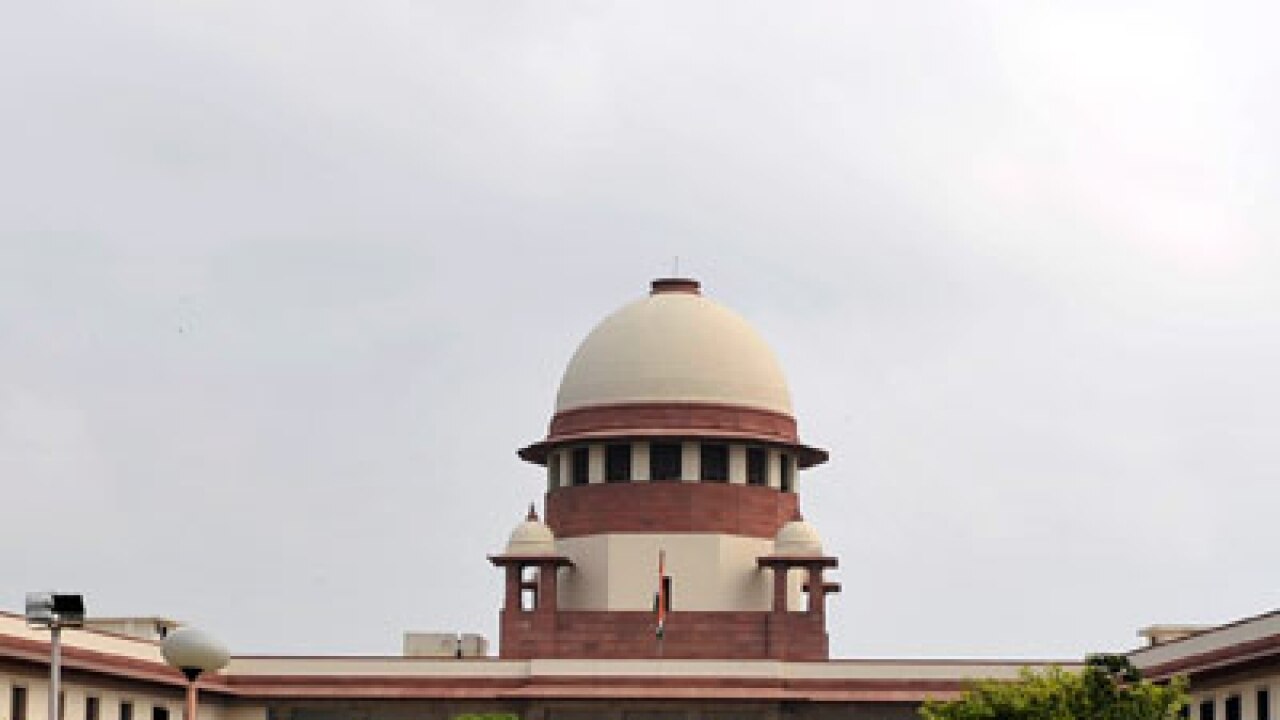
The Human DNA Profiling Bill, as recommended by an official panel, and reportedly slated for introduction in the ongoing session of Parliament, requires wide debate and threadbare analysis, before it is enacted. In a country with lax regard for privacy concerns and a poor track record of policing and forensic agencies, it is necessary to arm this legislation with ironclad privacy and regulatory safeguards before it is deployed in collecting DNA samples and creating DNA profiles. The legislation envisages a DNA Profiling Board to oversee national and state DNA data banks, and to prescribe standards for authorities and laboratories in collection, storage, and analysis of body samples and DNA profiles. The Bill moots the use of DNA profiles in criminal cases, civil disputes, tracing missing children, and identifying unclaimed bodies. It will make DNA evidence admissible in court, and lead to the creation of databases storing information on crime scenes, convicts, suspects, missing persons, unknown deceased persons, and volunteers. Admittedly, DNA profiling has led to solving of crimes, overturning flawed convictions, and resolution of a variety of civil disputes. But it also comes with concerns that cannot be overlooked.
DNA profiling will involve large databases storing sensitive information that many agencies and entities would wish to gain access to. In this context, the absence of constitutional safeguards against privacy violations must be addressed first. Only last week, the Centre told the Supreme Court that right to privacy is not a fundamental right despite this being an internationally accepted tenet. The insulation of data banks and laboratories storing DNA profiles and samples from investigating agencies is non-negotiable. We already have the example of the Aarushi Talwar case where India’s premier institution, the Hyderabad-based Centre for DNA Fingerprinting and Diagnostics, admitted in 2013 to “typographical errors” in its 2008 DNA profiling report. The Talwars claim there were no errors and that the CDFD belatedly made the corrections to bolster the CBI case against them. Though the Bill provides penalties for abusing the DNA database, the minimum punishments are in the order of a few months and not an adequate deterrent. Moreover, the Bill does not address the storage of body samples used to extract DNA, which offers tremendous scope for abuse.
Recently, the Unique Identification Authority of India moved court against a CBI application seeking access to its biometric data on people enrolled in Goa to probe a criminal case. The CBI’s request violates the rights of citizens who voluntarily enrolled for Aadhaar but never authorised unrestricted access to their personal information. The draft Bill invests the DNA Profiling Board with an array of discretionary powers, which the government defends, noting that the technology will evolve over time and it is impractical to approach Parliament with amendments. Allowing the DNA Profiling Board to manage the data and then function as a regulator engenders conflict of interest. The Bill also allows the collection of intimate body samples “from the genital or anal area, the buttocks and also breasts in the case of a female” from victims, convicts and suspects. Besides being intrusive, such sample collection violates the principle of self-incrimination. Presently, suspects cannot be compelled to participate in test identification parade, polygraph or narco analysis tests without their consent. The legislation also proposes DNA profiling for “issues relating to pedigree”. Whether this is an attempt to ascertain caste information must be suspected. Further, one wonders what connection pedigree can have with civil or criminal disputes. DNA profiling will certainly boost crime-fighting capabilities, but the hurry to introduce a flawed Bill — without publishing on the government’s excellent MyGov.in citizens’ ideation portal — beats reasoning.